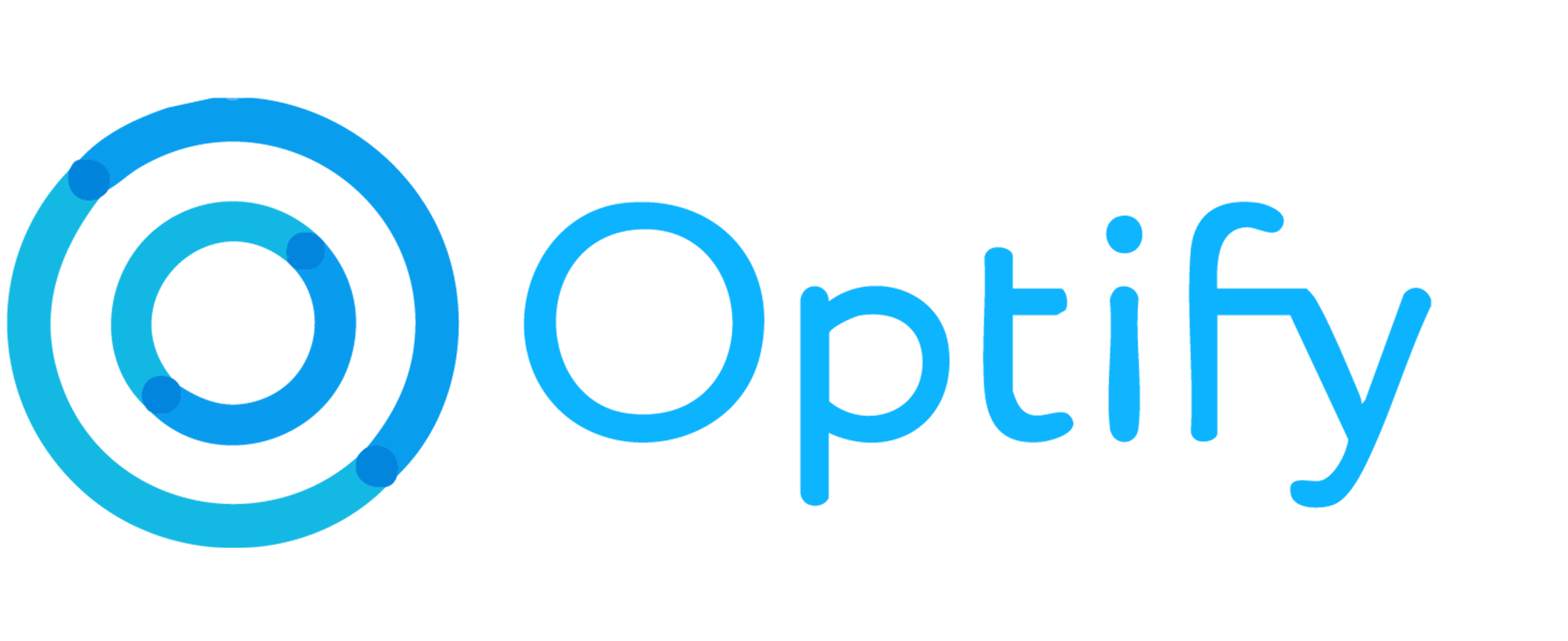
The coaching industry is rapidly evolving, and its evolution is being driven by technology. Today, more than ever, L&D leaders expect that coaching vendors will incorporate technology into their talent development solutions. Large-scale coaching and development RFPs routinely include explicit and expansive technology requirements. In addition, companies are actively searching for technology to manage and scale their own internal coaching efforts. And, traditional coaching providers are partnering with coaching software vendors to tech-enable their offerings.
What is driving this shift in the coaching landscape? We believe there are four key reasons for this change:
1) Coaching is Becoming an Organizational Change Lever – Organizations understand that coaching can be a critical contributor to the success of organizational imperatives, such as DEI initiatives, culture change, leadership development, succession planning, and effective talent onboarding. At the heart of each of these is the need for lots of people to change their hearts, minds, and behaviors. There’s no better way to help people grow than through 1:1 coaching conversations that are personalized to the individual. However, reaching scores of your people with coaching can very quickly become unmanageable. As Emma Weber, the CEO of Lever said recently, “we started out running a 1000-person coaching program and quickly realized we were running a 1000-person logistics program.” For companies that want to accelerate impact through scaled coaching and development, coaching technology is a must-have.
2) Demand for Data – While the efficacy of coaching is well accepted these days, there is still a need to understand its impact, and to have visibility into the aspects of coaching that aren’t confidential. Technology provides transparency into who is taking advantage of coaching and who isn’t. It offers insights into the themes in coaching conversations without breaching the coach/client relationship. And it can capture the progress toward goals and impact on key outcome metrics. Large investments in talent development require rigor to measure, inform, and validate the investment and coaching tech enables organizations to do just that.
3) AI is Real – As with most industries, the coaching profession is exploring how AI can support coaching. The most animated conversation about AI in coaching involves using ChatBots to enhance human coaching, or to make AI coaching available to those who wouldn’t otherwise have access to it. However, AI is being used in many other ways – to assess coaching readiness, match coachees with a coach, gather and share stakeholder feedback for the coachee, provide feedback to coaches on their coaching skills, and to analyze the results and impact of coaching. Each of these innovations and uses are moving fast and require technology solutions.
4) Generational Shift – As the younger generations – who have grown up with technology – become a more significant percentage of the workforce, they naturally incorporate technology to support and inform their workflow. Younger generation coaches and coachees alike realize the power of technology and appreciate how it enables them to track goals and progress, integrate learning with coaching sessions, and provide a confidential container reflecting their journey.
Given the number of coaching technology tools penetrating every aspect of the talent development market today, it’s evident that we won’t put the tech-genie back in the bottle. And, why should we? With an open mind and intention, the coaching industry and companies can wisely select and deploy technology that has the power to improve the experience and outcomes for our clients. As for the tech that distracts or does not add value? We have choice.
Designed by coaches for coaches, Optify’s unique platform provides everything you need to deliver sophisticated, scalable, and impactful coaching (without the admin headache). Want to collaborate with us too? Learn more about our unique platform.




